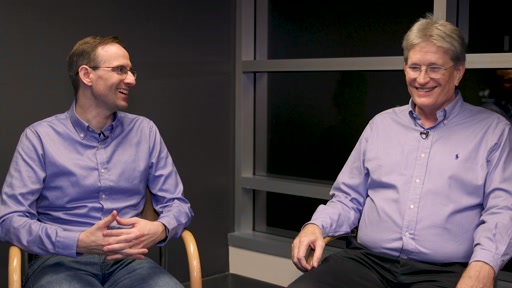Talks and Highlights From cppcon 2017!--Steve Carroll
 Did you miss Cppcon?
Did you miss Cppcon?
Talks and Highlights From cppcon 2017!
by Steve Carroll
From the video:
We went to cppcon this year and talked to a number of speakers. Check out this video to learn more about their talks and why you should watch them! Links to the recordings of the talks are available below. Check out the cppcon 2017 playlist on YouTube.
